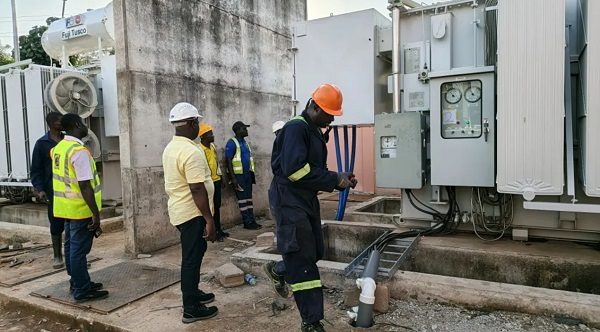🏭 A Call for Strategic Focus in 24-Hour Economy Rollout
Davies Korboe, President of the Federation of Ghanaian Exporters, has urged the government to ensure that the 24-Hour Economy policy centers on value addition and industrialisation, rather than simply extending business hours.
Appearing on PM Express on JoyNews, Mr. Korboe emphasized that the real potential of a round-the-clock economy lies in using it as a catalyst to boost local production capacity, especially in agriculture and raw material processing.
“A 24-hour economy that just keeps shops open later won’t make a significant impact,” he said. “We must channel this effort into building our industrial base and adding value to what we produce—especially in cocoa, shea, timber, and gold.”
📈 Economic Transformation Through Processing, Not Just Productivity
Mr. Korboe cautioned that the 24-Hour Economy could become a populist slogan with minimal economic returns if it’s not grounded in a clear national strategy that promotes exports, local production, and job creation.
He highlighted the opportunity Ghana has to transform from a raw material exporter to a value-added economy, urging leaders to work closely with key players such as exporters, manufacturers, and trade associations.
“If we are truly committed to global competitiveness, we must process what we produce. That’s the game changer,” he stressed.
🛠️ Engage Stakeholders, Support Industry
Korboe recommended that policymakers consult widely with industry stakeholders to align the 24-Hour Economy’s design and implementation with the real needs of Ghana’s productive sectors.
He argued that success would depend on building the right infrastructure, incentivizing manufacturing, and supporting export development rather than merely adjusting operating hours.
📌 The Bigger Picture: Industrial Growth, Not Just Employment
While the 24-Hour Economy has been promoted as a tool for reducing unemployment and spurring economic growth, experts like Mr. Korboe insist that it must be anchored in long-term economic planning, particularly in value chains and sustainable industrial ecosystems.
His remarks add to growing calls for Ghana’s economic agenda to focus on self-sufficiency, productivity, and resilience in the face of global market shifts.
Source: https://www.myjoyonline.com









